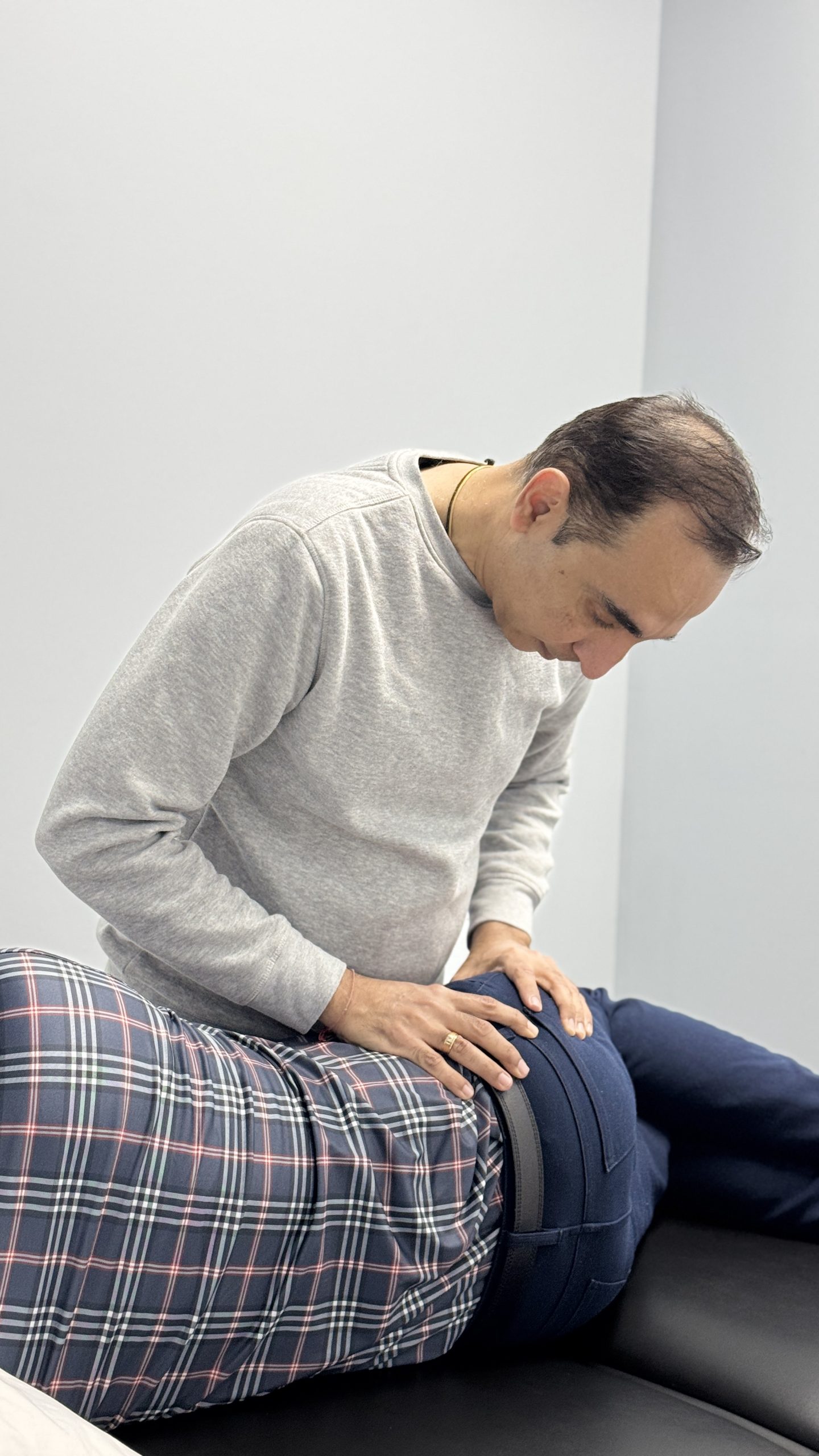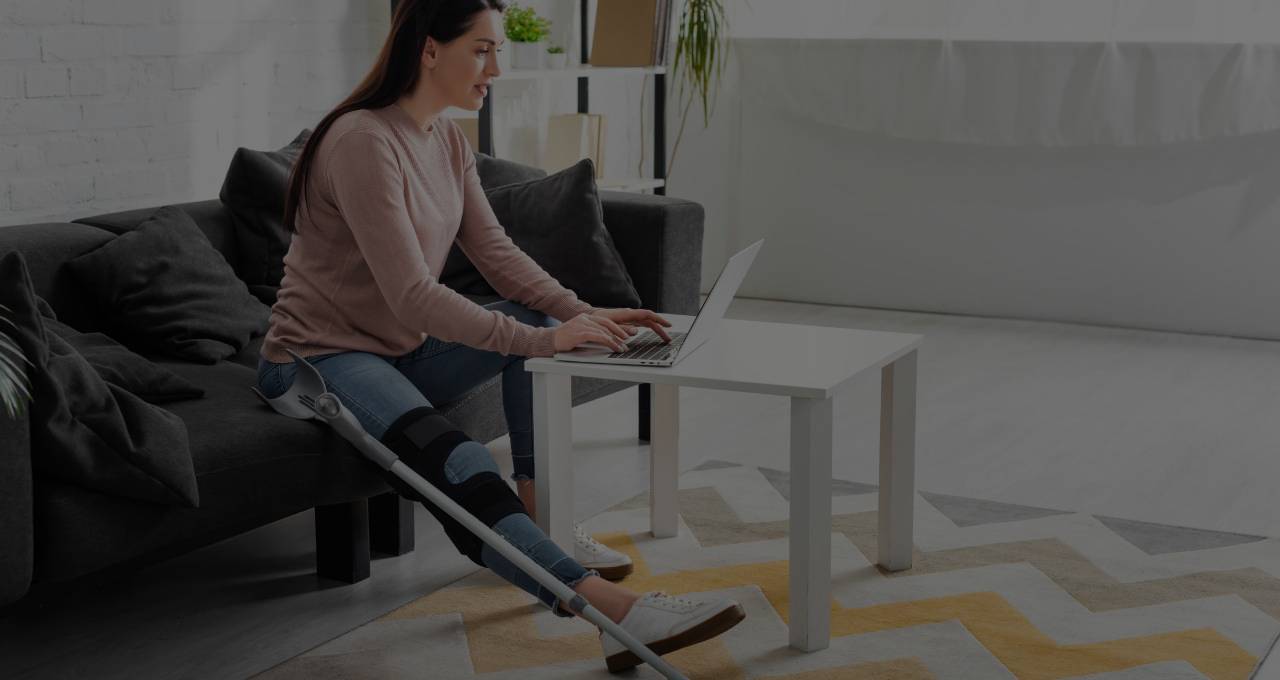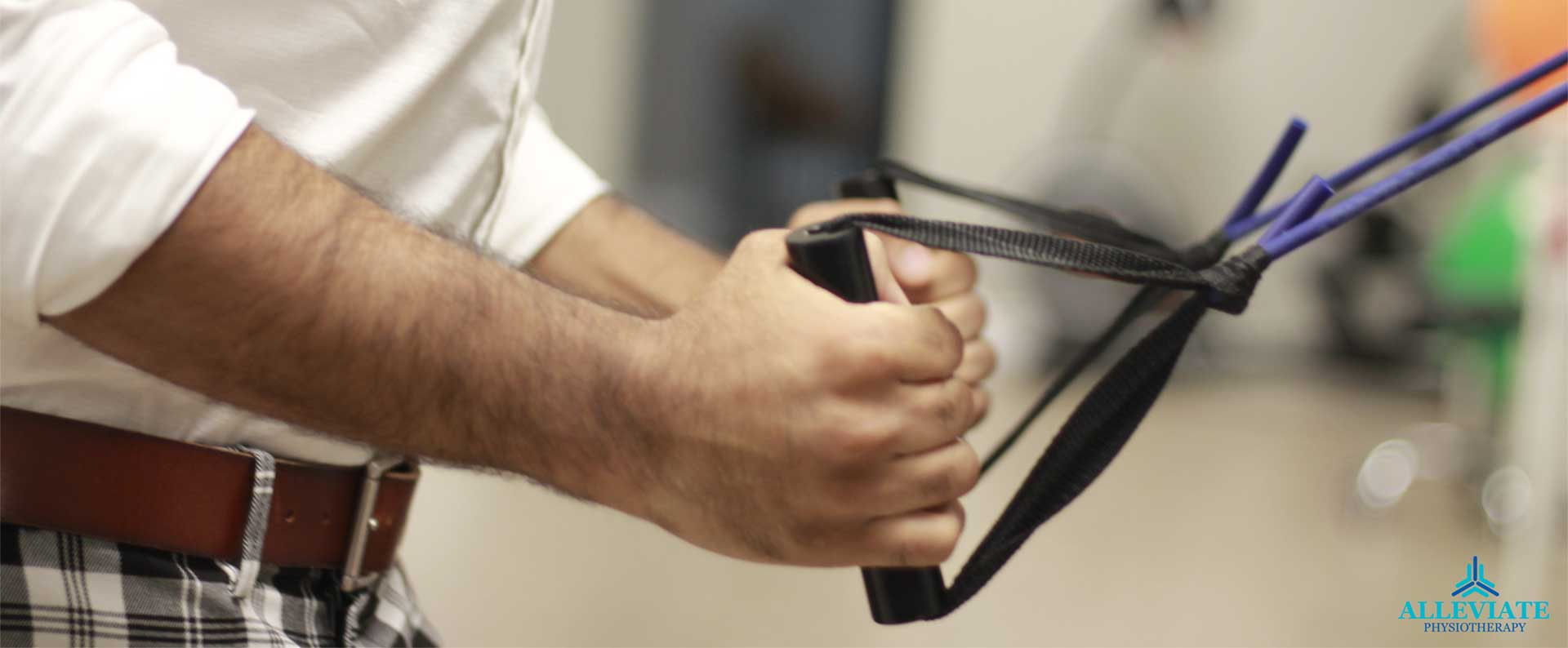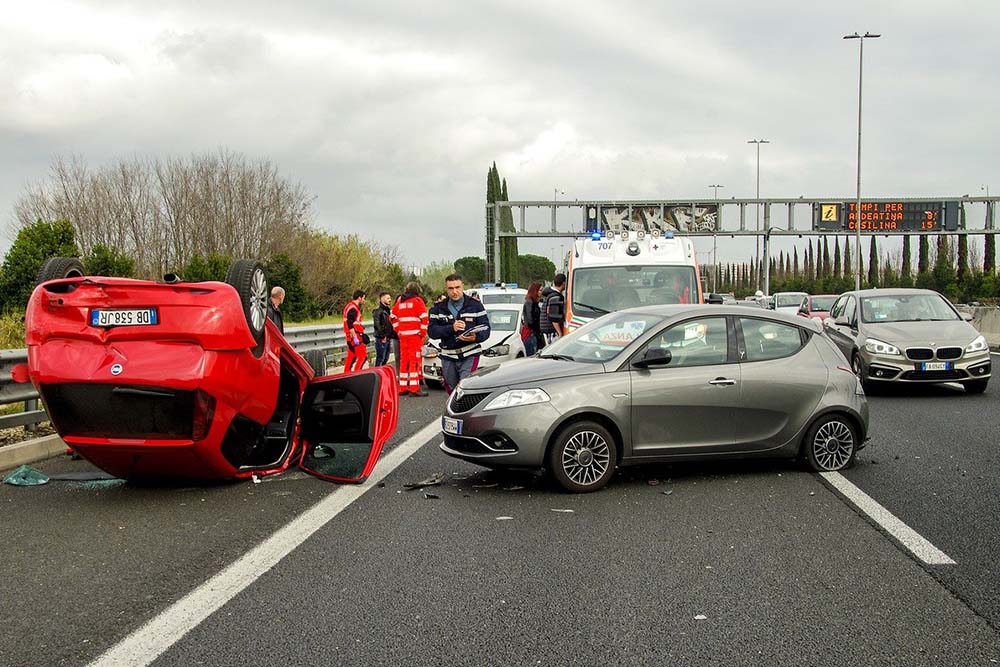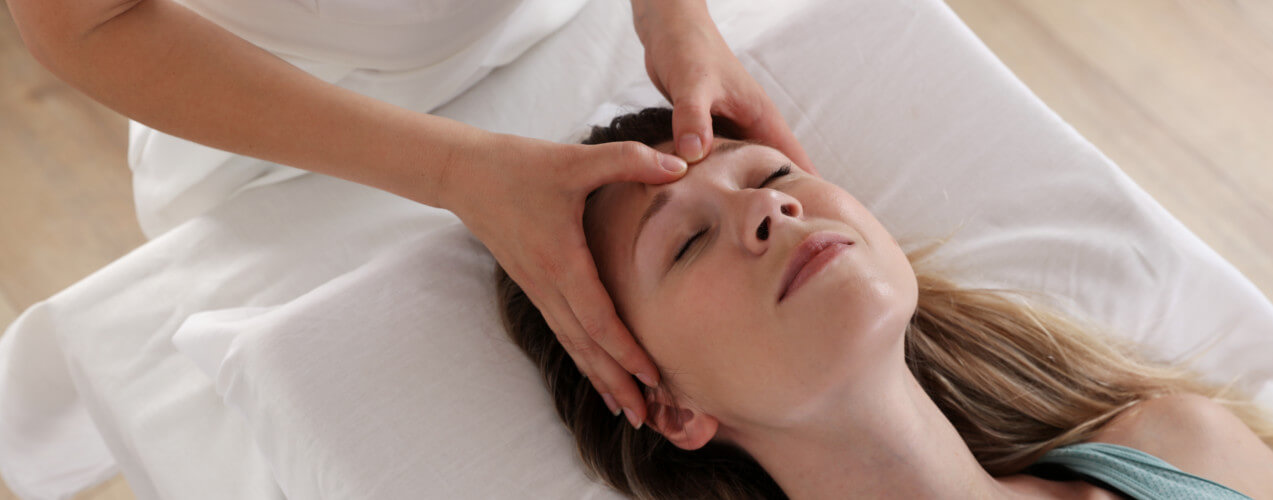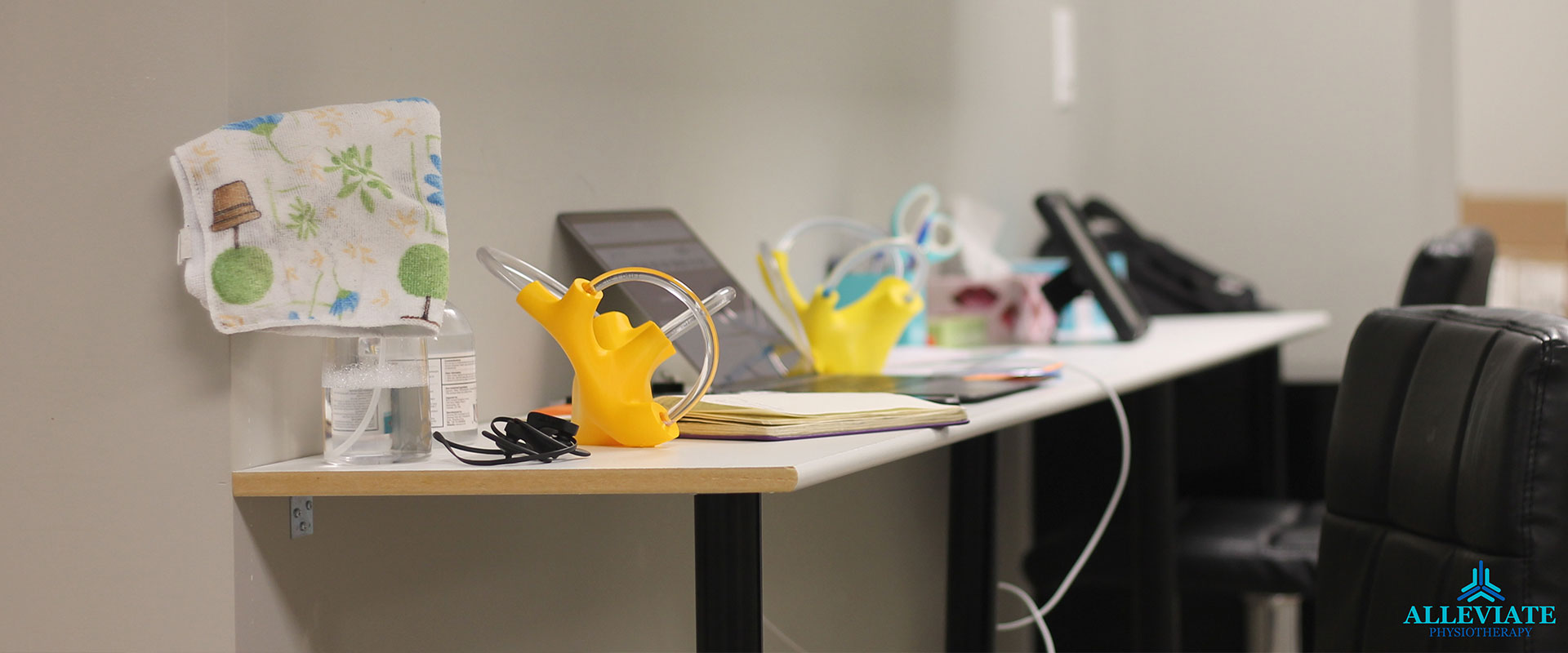Concussion Rehabilitation
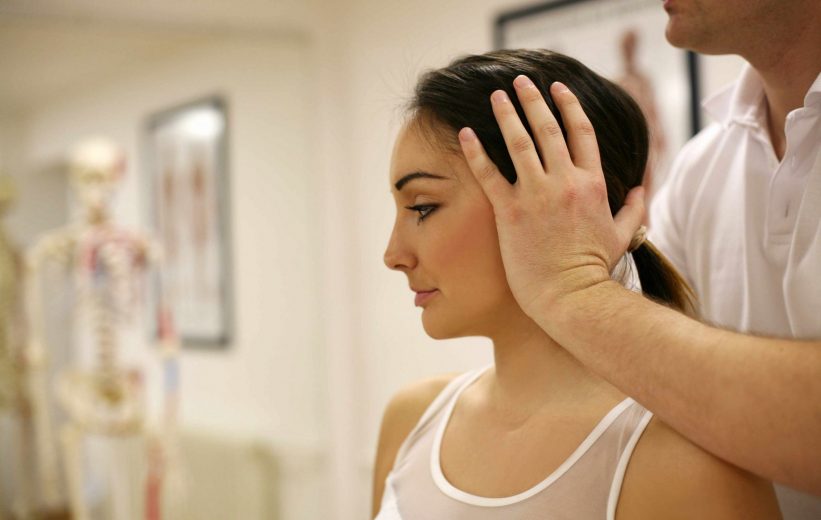
What is a Concussion?
A concussion is a mild traumatic brain injury caused when the head is hit directly or shaken abruptly.
Does concussion only affect the brain?
A concussion is a traumatic event and can lead to the injury of the head and neck tissue as well.
What can cause a concussion?
The brain is protected under your skull. When the skull experiences trauma, the brain may collide and rub against the skull surface, causing itself to bruise and leading to a concussion. Concussions can happen at any age, in one of the following ways:
- Falls (where the head is hit directly and is one of the leading causes)
- Road Traffic Accident (direct impact on the head)
- Domestic Violence (where the head is hit directly)
- During a blast or explosion
- Contact and speed-based sports
What does concussion feel like? How is it different from a mild trauma to the head?
Following physical, cognitive (mental) and emotional signs can help you decide if you or a loved one had a concussion and may help you differentiate it from the symptoms of a mild trauma to the head.
Step 1
Physical Signs
Headache, dizziness, blurred vision, increased sensitivity to light and sound, balance impairment
Step 2
Cognitive (mental) Signs
Confusion, lack of concentration, foggy thinking, memory problems
Step 3
Emotional Signs
Increased irritability, Anxiety, Depression, Aggressiveness, Mood swings
How can a concussion be prevented?
Prevention is always better than cure! To prevent a concussion, you need to avoid the mechanisms that cause injury:
- Drive your vehicle attentively. Avoid talking, using cell phones or eating while driving.
- Make sure airbags in your car are in proper order and functional
- Avoid aggression in sports
- Avoid techniques that butt the head during contact sports
How does physiotherapy help in overcoming the symptoms?
A Physiotherapy can evaluate your symptoms and provide personally catered rehabilitation therapy to achieve the highest possible recovery. The rehabilitation involves:
Restoring strength and Endurance
Reduced muscle strength and endurance is quite obvious after a concussion. Physiotherapist identifies the weaker, less functional muscles and strengthens them using various exercises depending on the extent of injury and clinical presentation.
Improving Balance
Balance impairment is a debilitating symptom of concussion. Physiotherapy can train you to regain your balance by improving your sense of space and position.
Overall Recovery
Any treatment plan will contain some side effects, so yes, physiotherapy does have side effects. Physiotherapy is there to help you recover from any injuries or conditions you may have. The main side effects from physiotherapy are a little bit of pain, fatigue, tenderness, and muscle soreness. This is only because in order for us to help you feel better, we need to manipulate the joints or tissues affected and we also have to prescribe exercises to work on the affected parts of the body. Physiotherapy is highly effective in the majority of situations and can help you feel your best self. It is an important part of anyone’s recovery.
Return to sport or normal function
As the symptoms reduce, a physiotherapy will incorporate normal activities in your protocol. A PT will also help you understand how to avoid activities that put stress on your nervous system and prevent recurrence of symptoms. For an athlete, a structured rehabilitation will help him get back to his sport, by including a careful strengthening and conditioning regime.
How long do these symptoms last?
The symptoms may last from a few hours to a few months. If they last for more than 3 months, it is termed as Post-Concussion Syndrome (PCS).
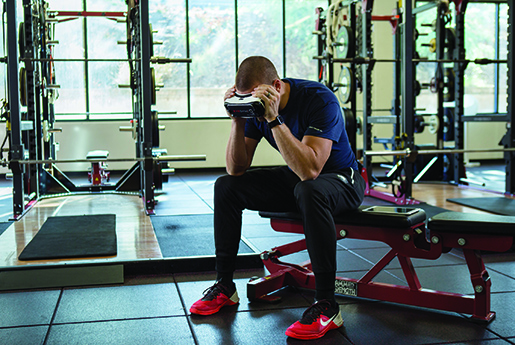
- 10 MIN PHONE CONSULT
Have Further Questions? Let Our Experts Alleviate That.
Let us help you with our Risk-Free Consultations
For your convenience, our free 10-minute phone consultation will allow you to ask us more specific questions you may have or discuss any additional concerns.
By the end of our risk-free consultation, you’ll be able to decide whether you should take the next step. Please contact our office to set up a 10-minute no-obligation call with one of our expert Therapists.
Feel free to discuss with us your specific health & wellness concerns or to see if we’re a good fit without putting any money down. No obligations. Fill out the form here.
Related Therapists
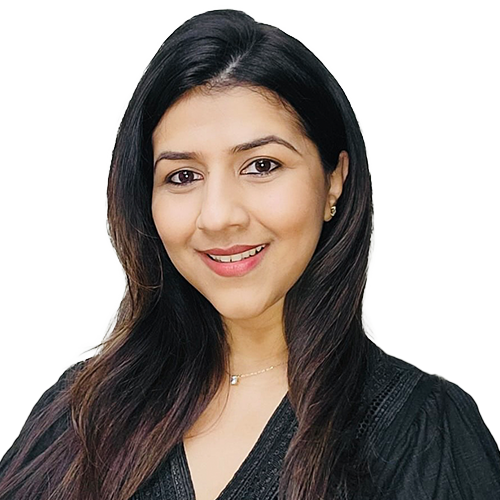

Other Services
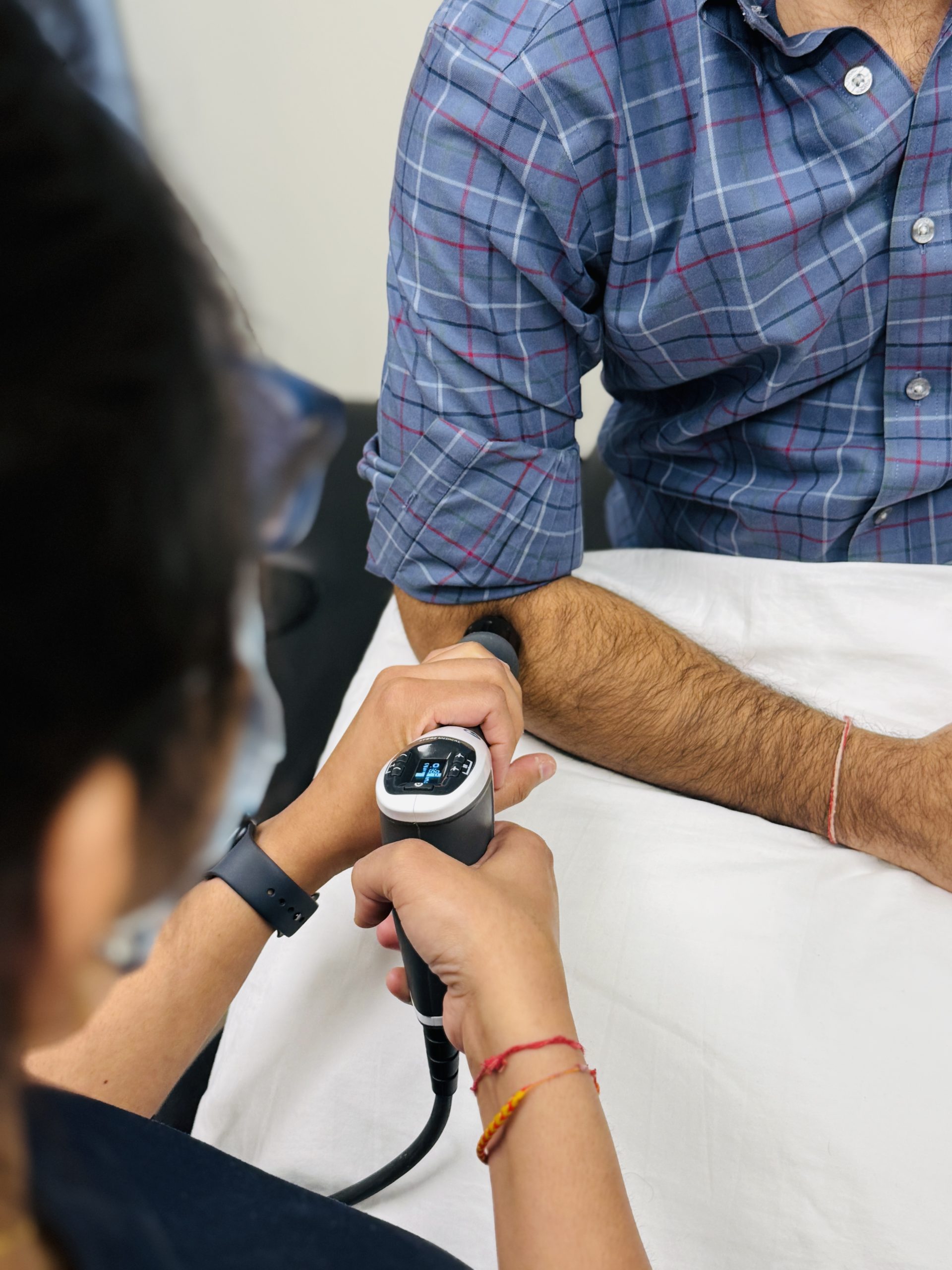
Shockwave Therapy
Shockwave therapy is a multidisciplinary device used in orthopaedics, physiotherapy, sports medicine
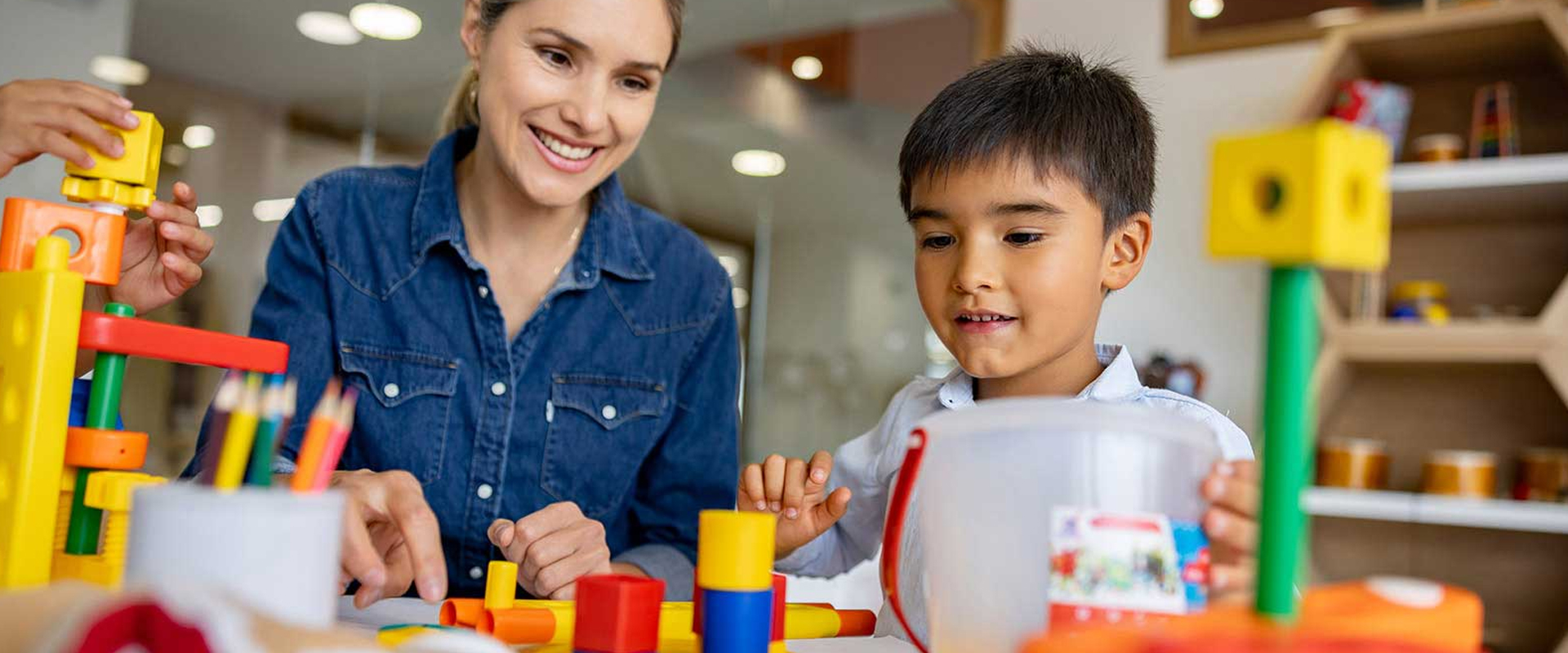
Occupational Therapy
Alleviate Physiotherapy has a range of physical therapies including Cardiorespiratory Physiotherapy at
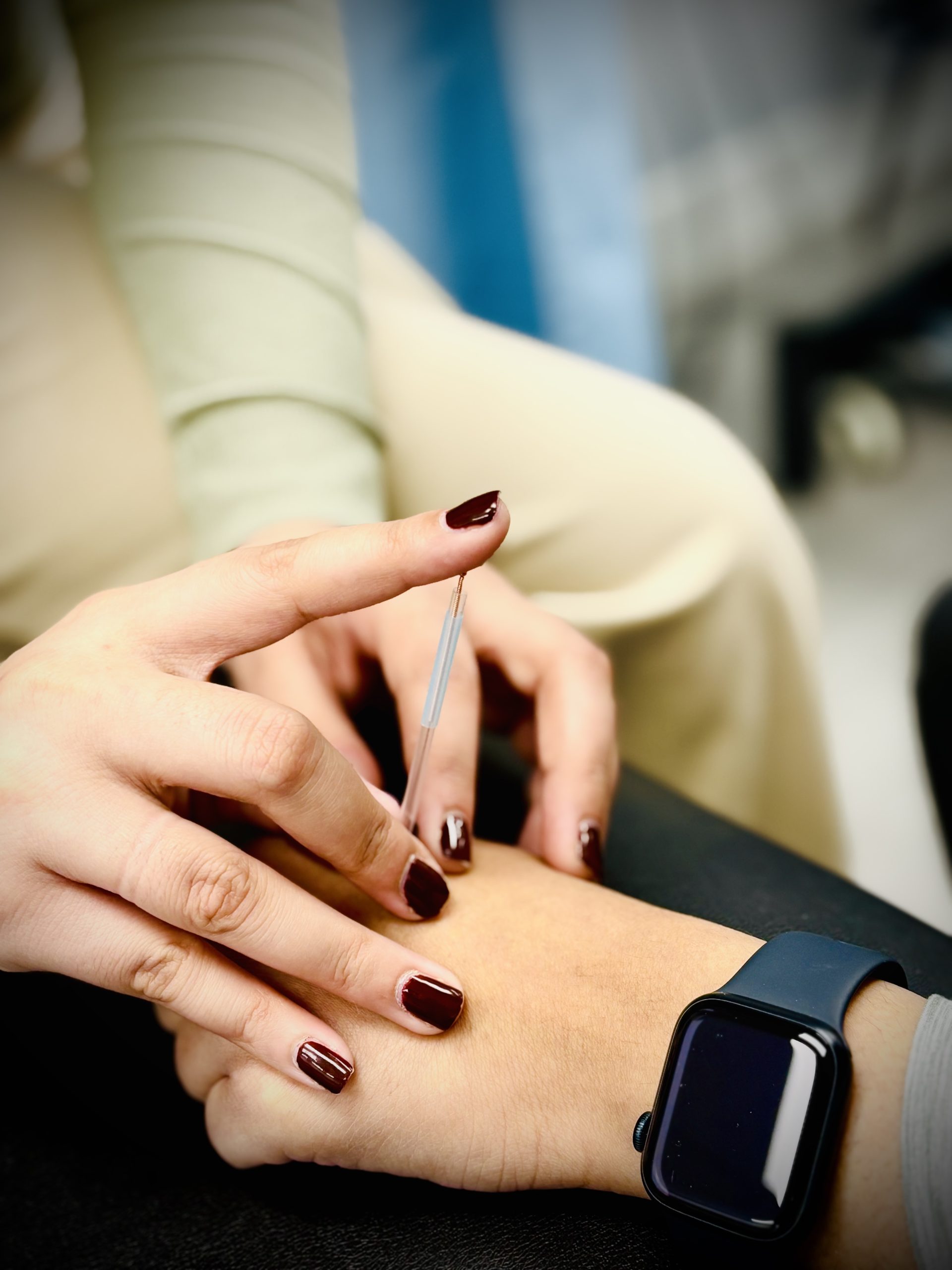
Traditional Acupuncture
Acupuncture is a form of treatment that involves inserting very thin needles

Naturopathic Doctor
Alleviate Physiotherapy has a range of therapies including Naturopathic Medicine at our
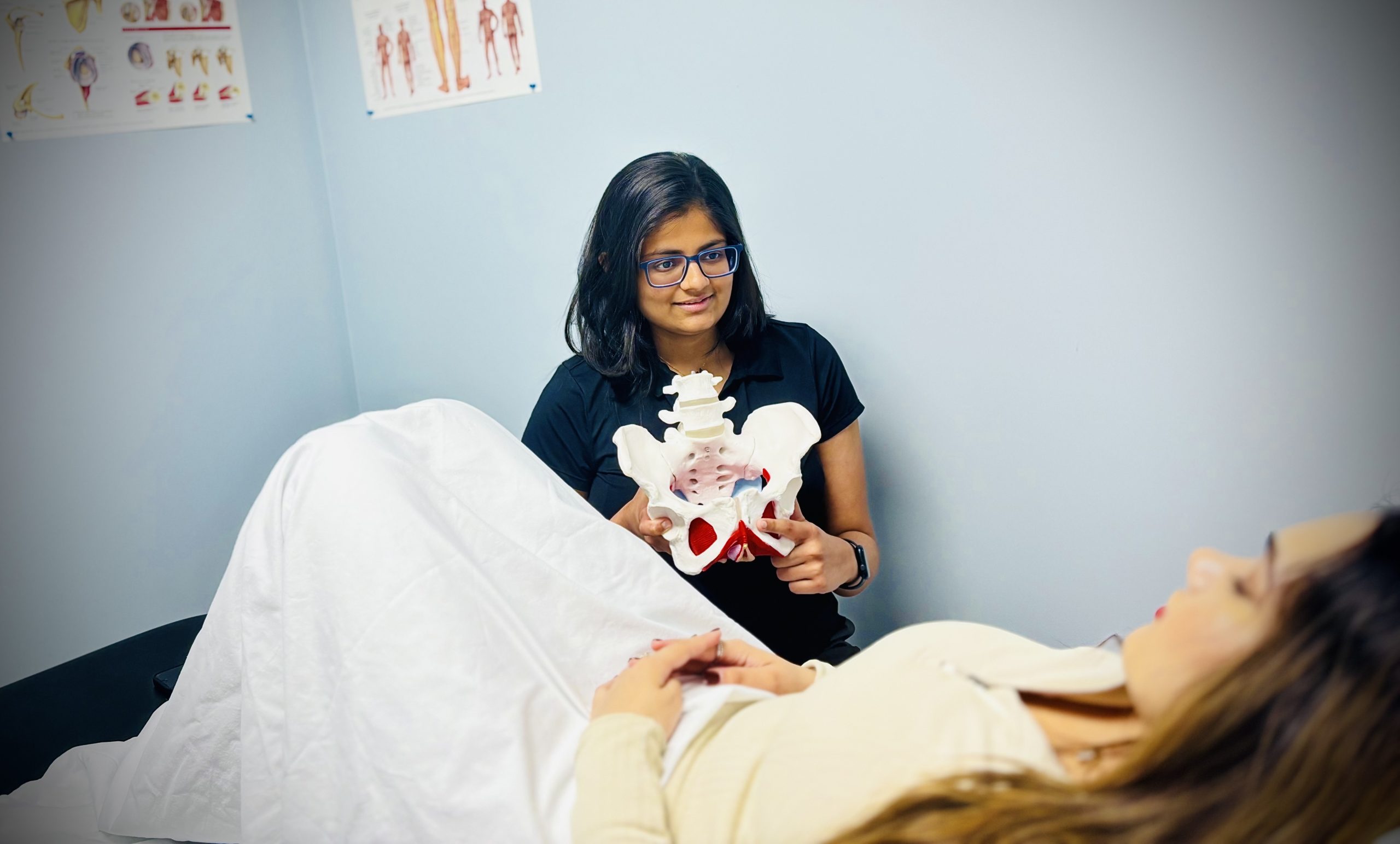
Pelvic Health
Pelvic physiotherapy includes treatments for dysfunctions associated with the pelvic area.

Cardiorespiratory Physiotherapy
Alleviate Physiotherapy has a range of physical therapies including Cardiorespiratory Physiotherapy at
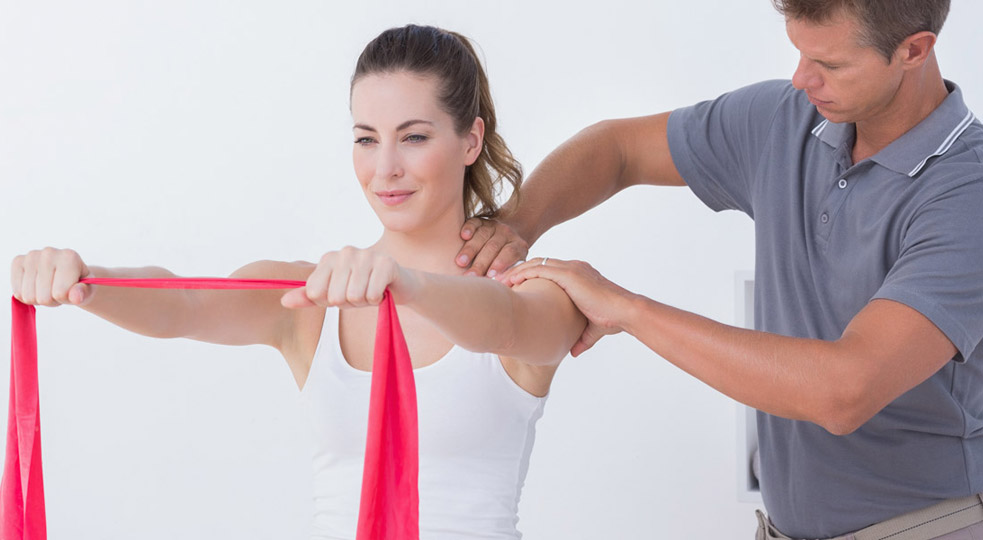
Neuro Physiotherapy
Alleviate Physiotherapy has a range of physical therapies including Neuro Physiotherapy at
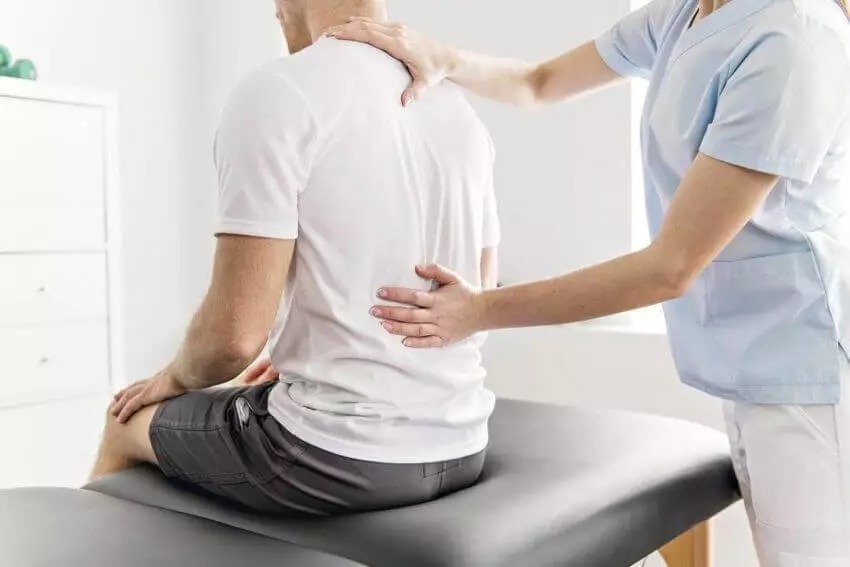
Orthopedic Physiotherapy
Alleviate Physiotherapy has a range of physical therapies including orthopaedic Physiotherapy at
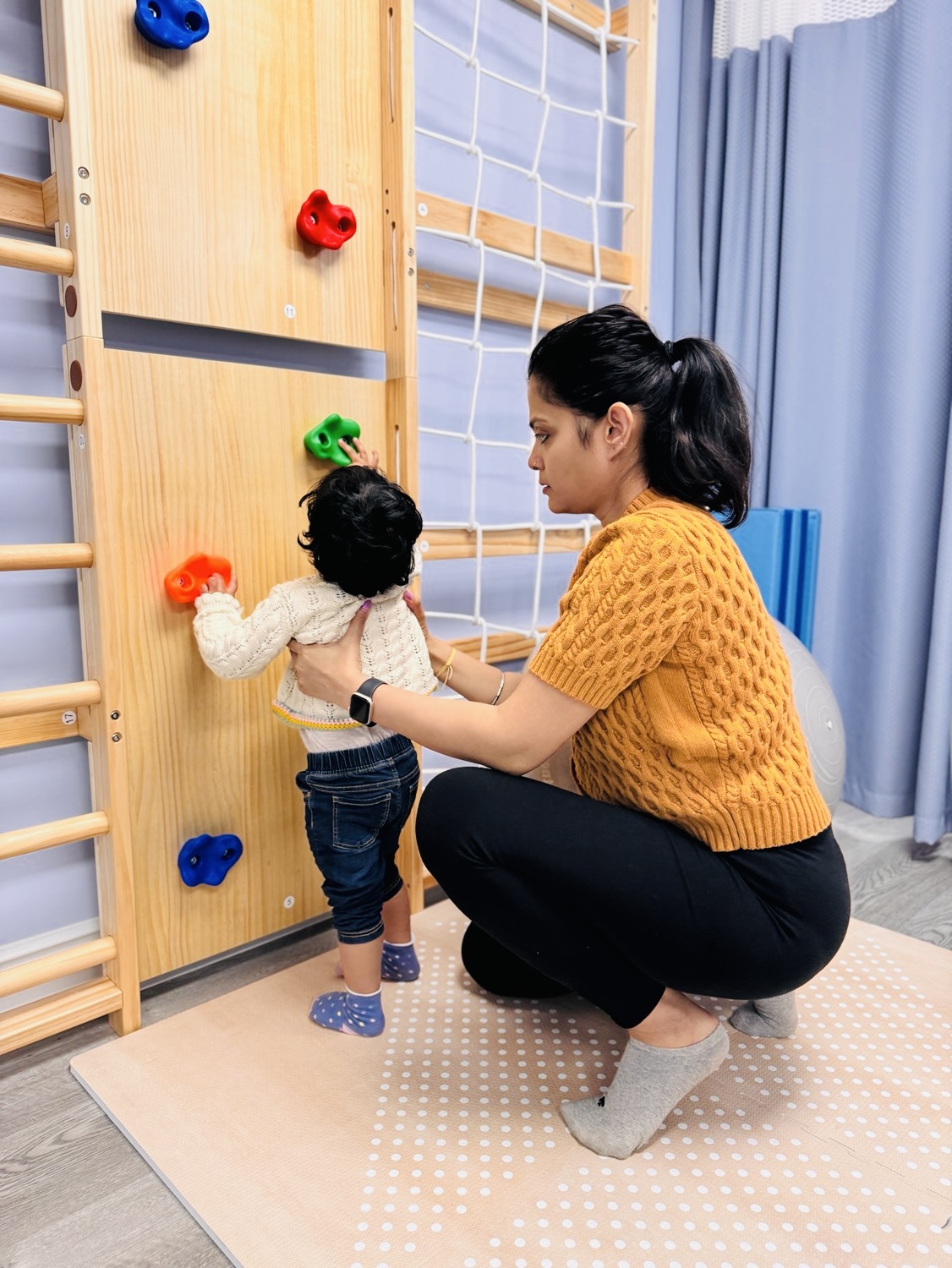
Pediatric Physiotherapy
Alleviate Physiotherapy has a range of physical therapies including Pediatric Physiotherapy at
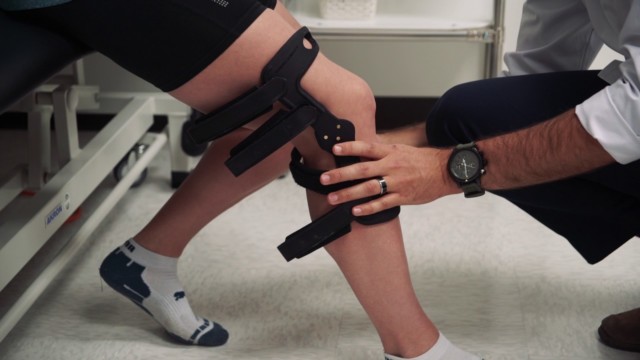
Custom Braces for Rehabilitation
Custom Braces are usually worn while you are performing activities, and exercises
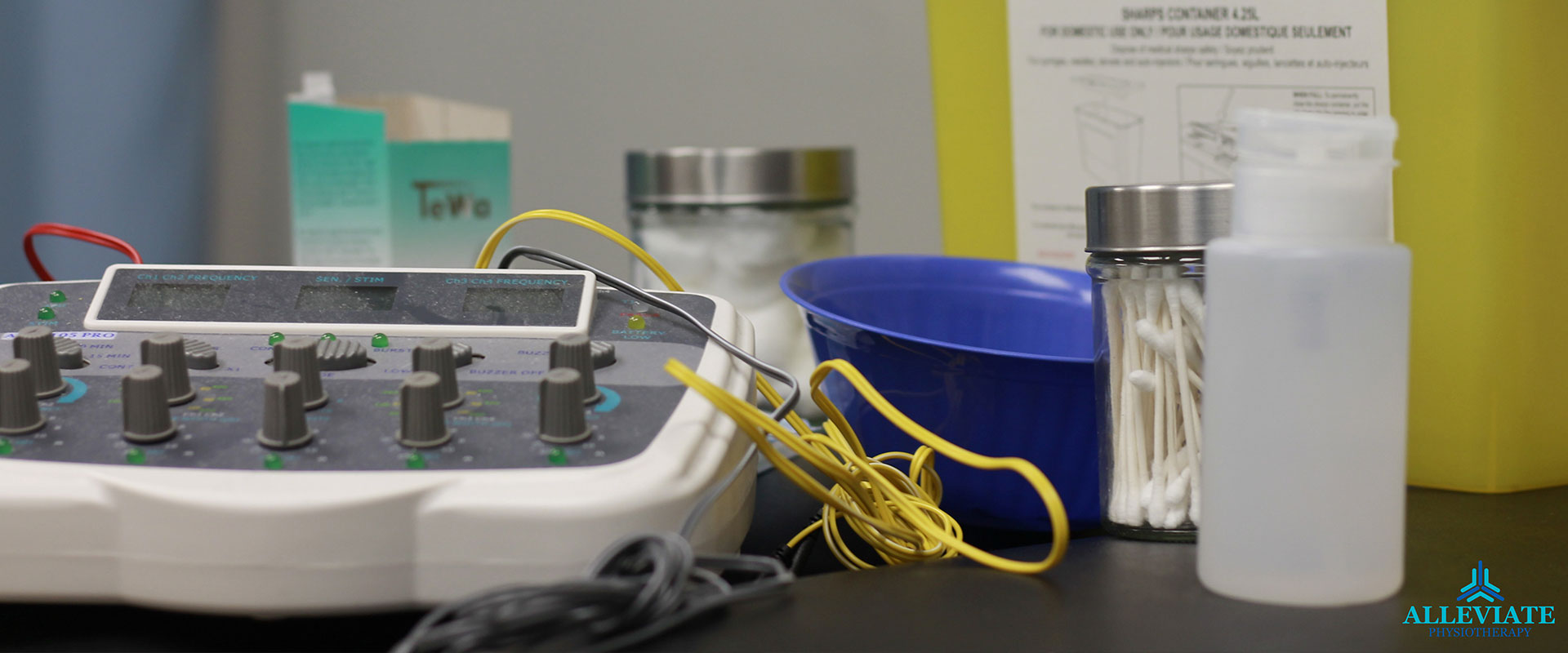
Western Medicine Acupuncture
Acupuncture is a form of treatment that involves inserting very thin needles

